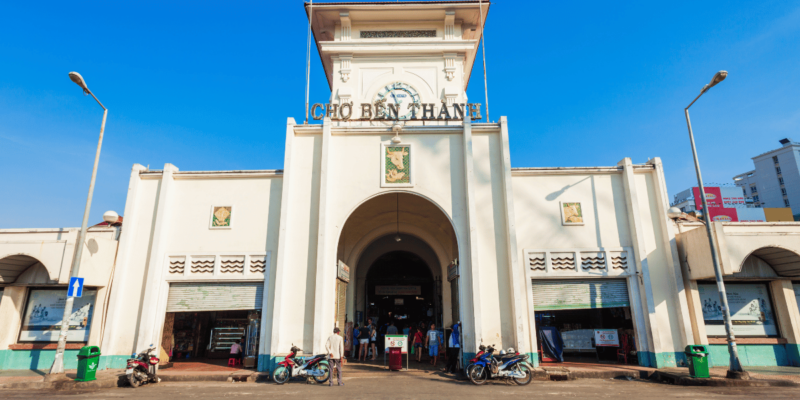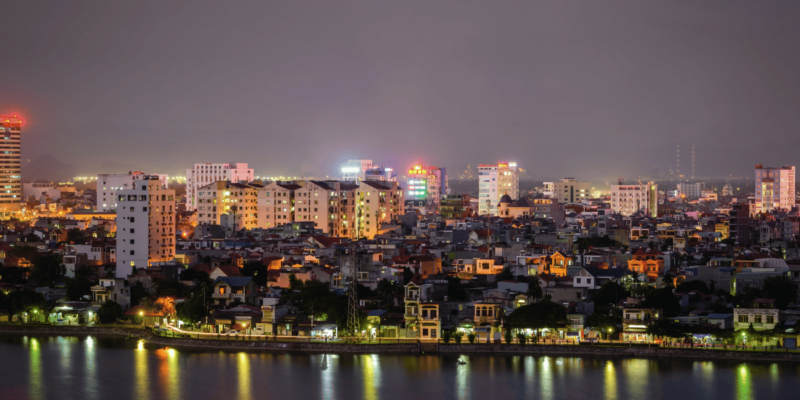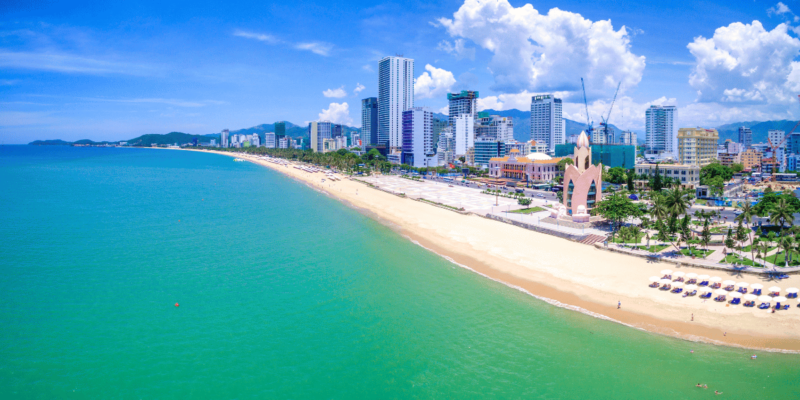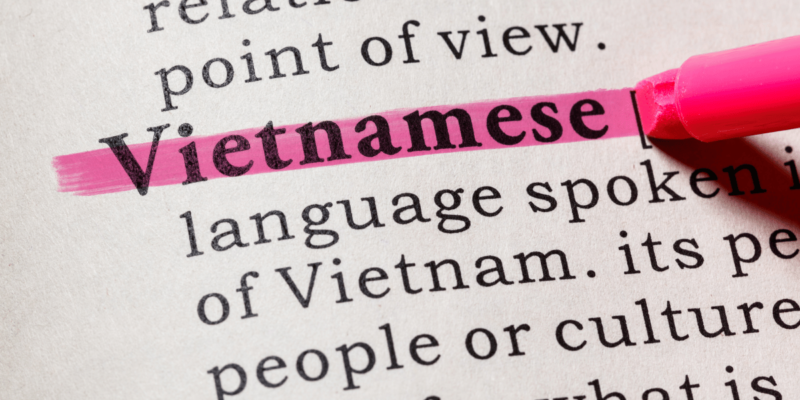Expanding on French Colonialism in Vietnam
Historical Context
Economic Impact
Social and Cultural Changes
Administrative Control and Military Presence
The Colonial Administration French Indochina was administered through a centralized bureaucracy based in Hanoi for the northern regions and Saigon for the southern parts. The colonial government implemented strict regulations and a legal system designed to reinforce French authority while minimizing local governance structures. The administrative tactics used included censorship, surveillance, and a punitive judicial system aimed at suppressing dissent.
Military Engagements and Repression To maintain control, France maintained a strong military presence in Vietnam, characterized by frequent shows of force. The colonial army was tasked with suppressing uprisings and maintaining order, often resulting in violent clashes with resistance fighters. The use of military might was a clear message to the Vietnamese populace about the dominance and resolve of the French to hold onto their colony.
Impact on Modern Vietnamese Society
Post-Colonial Identity and Growth The departure of the French left Vietnam with a legacy of mixed influences. Architecturally, cities like Hanoi and Ho Chi Minh City display a blend of French colonial buildings alongside traditional Vietnamese structures. Economically, the transition from a colonial economy to an independent one was fraught with challenges, necessitating comprehensive reforms to realign the economy towards national development rather than foreign exploitation.
Reflections in Contemporary Policy and International Relations Modern Vietnam’s policies reflect a cautious embrace of globalization influenced by its colonial experiences. There is a deliberate effort to balance foreign investment and influence with the promotion of local industries and culture. In international relations, Vietnam maintains a policy of non-alignment, engaging with all countries but avoiding domination by any single power, a direct consequence of its historical experiences under French rule.
In summary, while French colonialism left a physical and cultural imprint on Vietnam, the deeper impact was the galvanization of a nationalist movement and the strengthening of a cultural identity that resisted complete assimilation. This complex legacy continues to influence Vietnam’s trajectory in its domestic policies and its approach to global engagement.
Deeper Cultural and Social Dynamics
Cultural Assimilation and Resistance While the French aimed to impose their culture and social norms, their efforts met with varying degrees of resistance. Unlike the assimilation seen in other French colonies, Vietnamese society maintained a strong sense of cultural identity. Confucian values, family structures, and local religious practices persisted, often clashing with French secular and Christian ideologies. This resistance was not merely passive but manifested through continued adherence to traditional practices and in some cases, overt cultural revival movements that aimed to reinforce Vietnamese customs and languages against the tide of French influence.
Education and Intellectual Movements The French introduced Western education systems in Vietnam, establishing schools that taught French literature, science, and philosophy. This education system created a small, but significant class of Vietnamese intellectuals who were exposed to global revolutionary ideas, which later influenced the rise of nationalist movements. However, access to education was limited to a select few, ensuring that the masses remained uneducated and thus easier to control.
Economic Transformations and Labor Dynamics The colonial economy was predominantly based on agriculture and the extraction of raw materials. Rubber plantations, coal mining, and rice cultivation were carried out on a large scale, primarily benefiting French businesses and the colonial administration. The labor force for these enterprises was largely drawn from the local population, who worked under oppressive conditions. This economic strategy significantly disrupted local economies and exacerbated social inequalities, laying the groundwork for widespread discontent and upheaval.
Legacy and Long-term Effects
Conclusion




















































